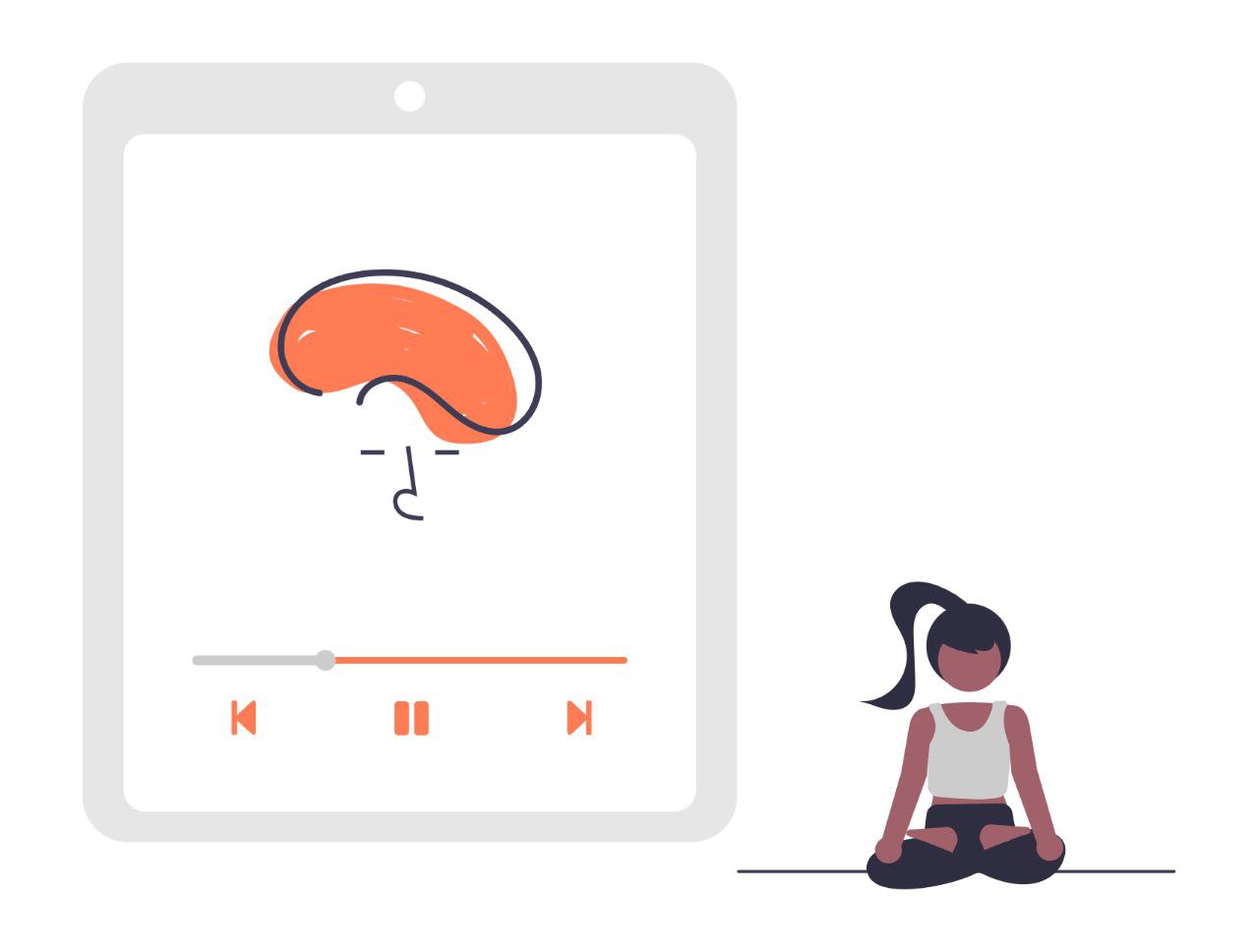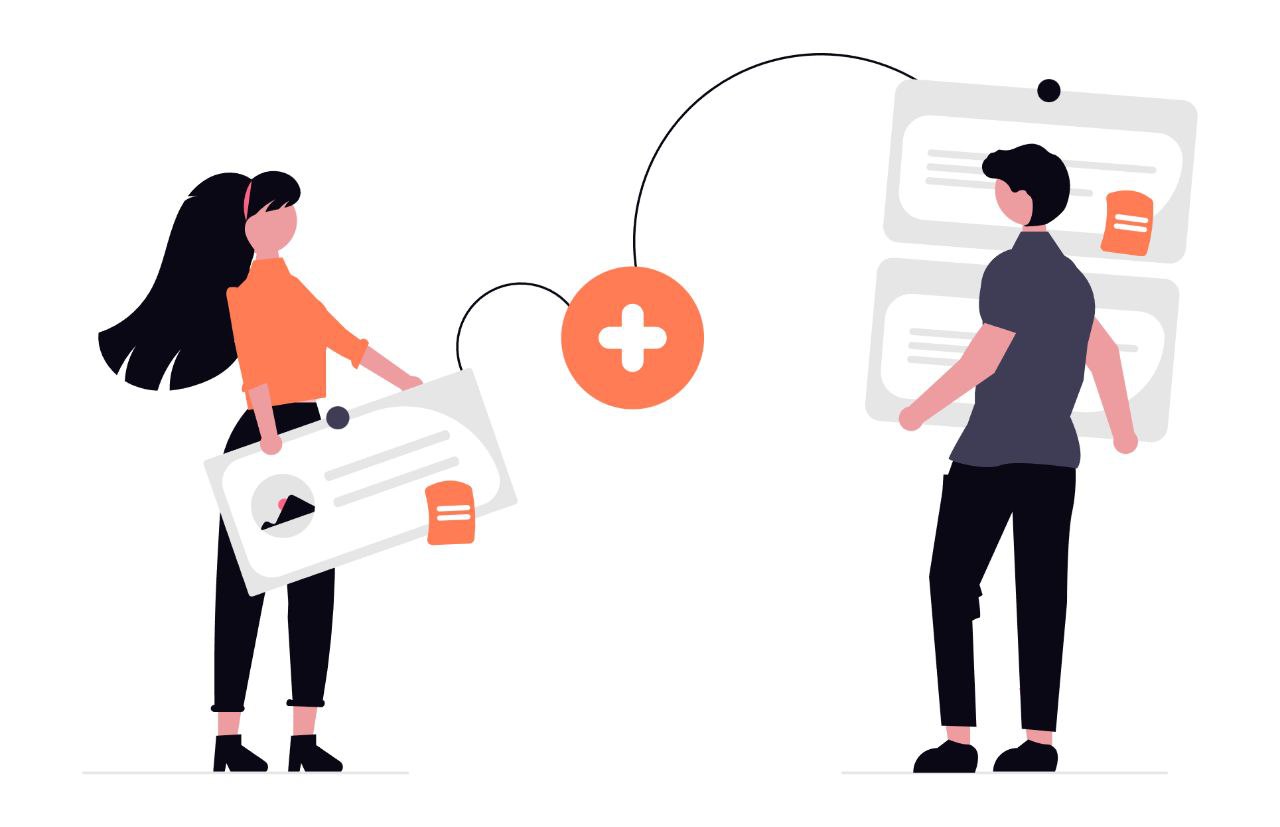Unlock IELTS Listening Success: Mastering Vocabulary and Prediction
Welcome back to the USpeak blog! In our previous posts, we covered essential IELTS listening skills like note-taking and focused practice. This time, we're diving into two crucial strategies that will significantly improve your comprehension and score: vocabulary building and prediction. These two skills, when mastered, work synergistically to elevate your listening performance.
Remember, consistently practicing these strategies, along with using the USpeak app to engage in real-world conversations, will help you achieve your desired IELTS score. Check out our previous posts on Mastering IELTS Listening and Boosting Your IELTS Listening Score for a more comprehensive approach.
1. Expanding Your IELTS-Relevant Vocabulary
The IELTS listening test uses a wide range of vocabulary, often academic in nature. A strong vocabulary is not just about knowing the meaning of words; it's about understanding their nuances and how they're used in context. Simply memorizing definitions isn't enough; you need to actively use these words in sentences and conversations.
- Identify your weaknesses: Take practice tests and identify the vocabulary you struggled with. Use a vocabulary notebook to record these words, their definitions, example sentences, and synonyms.
- Focus on collocations: Pay attention to words that frequently appear together (e.g., "make a decision," "heavy rain," "strong evidence"). Learning collocations will make your listening comprehension more efficient.
- Use flashcards: Flashcards are an effective way to memorize vocabulary. Use spaced repetition systems (SRS) to optimize your learning.
- Engage in active recall: Don't just passively read definitions. Test yourself regularly by trying to recall the meaning of words without looking at your notes.
- Read widely: Expand your vocabulary by reading articles, books, and news reports related to a variety of topics. Pay attention to how words are used in different contexts.
USpeak Integration: The USpeak app offers daily vocabulary and grammar challenges that directly address the vocabulary needed for the IELTS. These challenges are designed to help you actively learn and use new words in conversational settings.
2. Mastering Prediction Techniques
Prediction is a powerful strategy that allows you to anticipate what you're about to hear. By predicting, you're actively engaging with the audio and focusing your attention on specific keywords and concepts. This significantly improves your comprehension and allows you to follow the flow of information more effectively.
- Read instructions carefully: Before the audio begins, carefully read the questions and any accompanying text. This will provide you with valuable clues about the topic and the information you need to listen for.
- Identify key terms: Look for keywords and phrases in the questions. These words will often be repeated or paraphrased in the audio.
- Anticipate the speaker's purpose: Consider the context of the audio. Is it a lecture, a conversation, or an interview? Understanding the context will help you predict the type of information you'll hear.
- Use context clues: Pay attention to the surrounding words and phrases. They often provide hints about the meaning of unfamiliar words or concepts.
- Practice with sample tests: Regular practice with IELTS listening sample tests will significantly improve your prediction skills. Focus on actively predicting answers before listening to the audio.
Example: If a question asks, "What is the main cause of the recent increase in traffic congestion?", you can predict that the audio will discuss factors related to traffic, such as road construction, increased car ownership, or public transportation issues. By anticipating these topics, you will be better prepared to identify the correct answer when you hear it.
3. Combining Vocabulary and Prediction for Maximum Impact
The true power lies in combining these two techniques. By building your vocabulary, you'll better understand the questions and anticipate the content. By using prediction, you'll be more focused on the relevant information and less likely to miss crucial details.
Example: Let's say you encounter the word "mitigation" in a question about environmental issues. If you know the meaning of "mitigation" (reducing the severity of something), you can predict that the audio will likely discuss strategies to reduce environmental problems. This focused prediction, built on your existing vocabulary, increases your chances of correctly answering the question.
4. Practical Exercises
- Vocabulary Exercise: Choose a topic related to IELTS listening (e.g., environmental issues, technology advancements, healthcare). Find five unfamiliar words related to that topic. Define them, write example sentences, and try to use them in a conversation with a USpeak partner.
- Prediction Exercise: Find a sample IELTS listening section. Read the questions carefully and try to predict the answers before listening to the audio. Then, listen to the audio and compare your predictions to the actual answers. Analyze where your predictions were accurate and where they were off. This self-analysis is crucial for improvement.
- Combined Exercise: Choose an IELTS listening practice test. Before you start, review vocabulary related to the test's theme. While listening, actively predict what information will come next, based on your vocabulary and the context. This exercise combines vocabulary building with prediction for optimal results.
5. USpeak's Role in Your IELTS Journey
USpeak is designed to support you in every aspect of your IELTS preparation. The app's real-time conversation feature allows you to practice using the vocabulary you've learned and refine your prediction skills in a realistic setting. You can find conversation partners who are also preparing for the IELTS, creating a supportive learning environment. Furthermore, our IELTS-specific speaking topics and prep content provide additional opportunities to build your confidence and fluency.
Don't forget to utilize USpeak's daily vocabulary and grammar challenges to reinforce your learning. The higher your vocabulary and the better your ability to predict content, the more comfortable you will be with the IELTS listening test. Our high Day 1 retention rate indicates that our users find value in our engaging and effective approach.
Conclusion
Mastering vocabulary and prediction techniques is paramount to achieving a high IELTS listening score. By consistently practicing these strategies and leveraging the resources available on the USpeak app, you'll significantly improve your comprehension and confidence. Remember, consistent effort and strategic practice are key to success. Download USpeak today and start your journey towards IELTS success! Connect, speak, and succeed!


